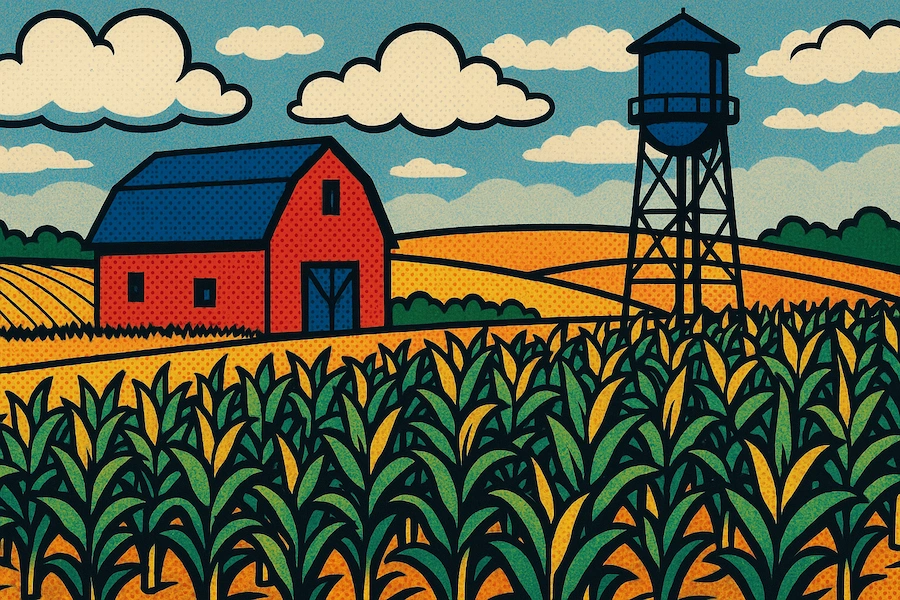
Become a member & keep reading for free, or choose a paid membership.
Access all our content & email newsletter
Indiana’s startup ecosystem secured $153 million in funding during the second quarter of 2025, marking a mixed but resilient performance amid a cooling national fundraising environment.
Though down 35% from the robust $237 million raised in the first quarter of 2025, this figure represents an 11% increase year-on-year compared to the $138 million raised in Q2 of 2024. The state appears to be navigating the choppier waters of 2025, while attempting to maintain a steady trajectory for the long term.
Three major deals dominated the quarter’s funding landscape, according to data from Dealroom, with health and energy ventures amongst them. Syndeio Biosciences, a healthcare company, secured the largest single investment of the quarter at $90 million. This deal alone accounted for nearly 59% of Indiana’s total startup funding in Q2. Meanwhile, sustainable building materials business Fiber Global attracted $20 million in funding, underscoring the diversity of the state’s startup sectors.
Health technology continues to be the powerhouse of Indiana’s startup ecosystem. According to data we’ve analyzed for a future article, health-related startups have captured almost 35% of total funding and approximately 19% of all deals in the state, making it the most funded category by a significant margin. This dominance reflects the Midwest’s broader healthcare infrastructure and innovation clusters which foster a fertile environment for medical breakthroughs and health tech entrepreneurship.
The $153 million raised in Indiana during Q2 comes against a backdrop of a challenging fundraising climate nationally. Across the country, early-stage financing saw a notable pullback, with overall venture capital investments declining by 43% compared to the previous quarter. Key innovation hubs fared worse: California’s fundraising plummeted by 57%, while Massachusetts experienced a 21% reduction. In this context, Indiana’s relatively moderate decline of 35% quarter-on-quarter coupled with year-over-year growth signals a degree of resilience and potential stability in its financing market.
Experts suggest several factors contributing to the national cooldown, including investor caution amid economic uncertainties, and a natural market correction following years of exceptional capital inflows. Yet the local dynamics in Indiana, particularly the strong performance of health and energy sectors, highlight how regional ecosystems can buck broader trends through sectoral specialization and strategic investment appeal.
The coming months will be critical in assessing whether Indiana’s startup sector can sustain its long-term growth momentum and attract continued capital inflows amid uncertain macroeconomic conditions. Industry watchers and investors alike will be keenly watching upcoming funding rounds and deal flow, as detailed data on sector-specific trends and investment patterns become available.
While Q2 2025 was not without its challenges, the solid performance of marquee deals and sustained interest in key growth sectors like health and energy underscore Indiana’s emergence as a noteworthy player in America's evolving startup landscape.
Trending Stories




